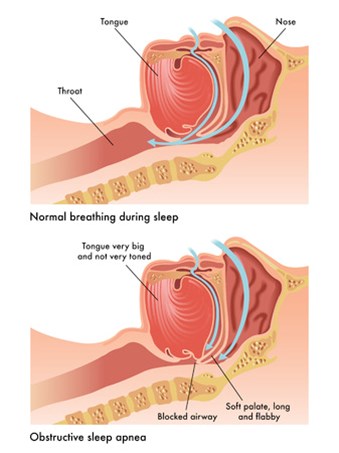Clenching and Grinding
Maybe you’ve heard of bruxism, but you probably know it by its layman’s term – teeth grinding. Plenty of people grind their teeth from time to time, especially those who have a lot of daily stress. You might not even know you’re doing it because grinding tends to happen at night when you’re sleeping. In order to protect your smile from damage, Dr. Miller can provide you with a personalized night guard that keeps the teeth from connecting and helps you rest more easily. When you grind your teeth, your teeth
lose their protective outer layer, the enamel. When your enamel is gone, it cannot be replaced, which can lead to a lot of oral damage. A properly fitted night guard can also help prevent and lessen the symptoms of TMJ (temporo-mandibular joint disorder). This means that your jaw tension, pain, headaches, and other symptoms may improve. However, a poorly fabricated night guard can make this serious condition even worse.

Clenching and Grinding
Maybe you’ve heard of bruxism, but you probably know it by its layman’s term – teeth grinding. Plenty
of people grind their teeth from time to time, especially those who have a lot of daily stress. You might
not even know you’re doing it because grinding tends to happen at night when you’re sleeping. In order
to protect your smile from damage, Dr. Miller can provide you with a personalized night guard that
keeps the teeth from connecting and helps you rest more easily. When you grind your teeth, your teeth
lose their protective outer layer, the enamel. When your enamel is gone, it cannot be replaced, which
can lead to a lot of oral damage.
A properly fitted night guard can also help prevent and lessen the symptoms of TMJ (temporo-
mandibular joint disorder). This means that your jaw tension, pain, headaches, and other symptoms may
improve. However, a poorly fabricated night guard can make this serious condition even worse.
Why People Snore
When a person cannot move air freely through their nose and throat while sleeping, snoring is
the result. Snoring makes the soft and hard tissues vibrate, which gives us the familiar snoring
sound.
More than 60 percent of the adult population suffers from problem snoring. This percentage
increases each year in people aged 50 and older, as tissues in the upper airway lose elasticity and
tend to vibrate more during breathing, increasing the incidence of snoring. When the airway is
reduced during sleep, the tongue is more easily sucked into the back of the throat and obstructs
the airway
Some people are more prone to snoring than others, and snoring can be exacerbated by alcohol,
smoking, a deviated septum, hypothyroidism, and other health problems. Snorers who are
especially loud might even have blocked air passages, which is called obstructive sleep apnea.
Snoring Versus Sleep Apnea
Plenty of people snore, and it is nothing more than an annoyance to their sleep partner. But if
snoring is present with other symptoms, they might have obstructive sleep apnea. It is important
to see your primary care doctor to be evaluated for sleep apnea so that the appropriate treatment
recommendations can be made.
